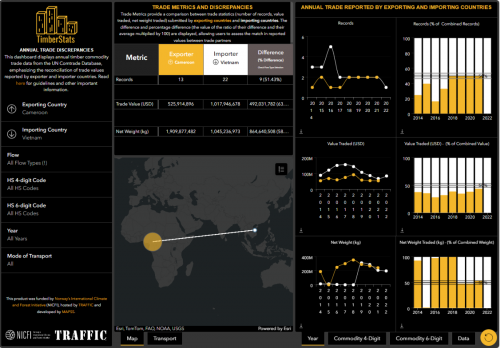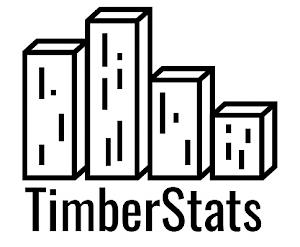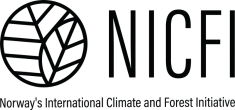Introducing TimberStats: a novel tool to root out illegal timber trade
An interactive, data-driven platform to monitor timber trade and provide law enforcement agencies with a shortcut to help detect and stop illegal shipments.
The international trade in timber is immense. The global timber trade is estimated to be worth up to USD 500 billion every year, of which 15-30%1 is thought to be illegal.
Timber is an incredibly useful, versatile and renewable material, critical to many industries. But the implications of trading beyond sustainable levels are now widely known and acknowledged: irreversible loss of precious forests that perform vital, life-sustaining functions, and provide essential income, shelter and food to many people.
The sheer scale of the trade renders it very difficult to manage. Maintaining full oversight of timber trade dynamics requires a vast amount of resources. The solution is to allocate capacity in the wisest, most efficient way – that is where TimberStats can help.
TimberStats – developed by TRAFFIC in collaboration with M.A.P Scientific Services – uses UN Comtrade data, the most comprehensive source for official trade data across the world, to analyse and represent timber trade data in an interactive way. Users can filter by importer, exporter, year, and commodity to get an overview of timber trade via graphs and maps.
TimberStats is the first analytical step in identifying timber trade routes exploited by criminals for law enforcement, governments and finance sector. Traditionally arduous analysis becomes a few simple steps. This helps allocate resources wisely to tackle the illegal timber trade."
Fred Ellis, Wildlife Trade Analyst – Financial Specialist at TRAFFIC

The key to TimberStats is that it can highlight suspicious anomalies in the data, where import and export data does not match up, for example in number of records, or value of goods.
But that’s not all: it is quite normal for these records not to match exactly. The real power of TimberStats lies in the fact that it can assess where these discrepancies break the boundaries of expectation, suggesting dubious activity somewhere along the chain. No other tool is doing this; TimberStats opens a whole new route of investigation that enforcement can use to track down illicit activity and pinpoint where to focus their action.
Elijah Glantz, Research Fellow at the Royal United Services Institute (RUSI), welcomed ehe new platform: “The TimberStats trade discrepancy tool lays bare the greatest threats to biodiversity and sustainable development in timber exporting stats: timber trafficking, fraud and money laundering.
“This one-stop-shop for top-line data on timber trade relationships simplifies an otherwise time-consuming and tricky task of assembling trade data across years, HS codes and jurisdictions.
The platform can empower civil society, private sector and government enforcement actors to efficiently grasp trade trends, enabling closer scrutiny of potential irregularities driven by destructive timber and economic crimes."
Elijah Glantz, Research Fellow at RUSI
TimberStats can direct relevant agencies towards high-risk routes and investigating the ships and companies trading high-risk commodities. The financial sector can conduct Know Your Customer and Due Diligence checks on new and existing clients involved in transporting these commodities.
This advances global capacity to tackle illegal logging and timber trade. Now we must focus on getting this tool adopted by those who can take action using its insights. We invite all governments, forestry officials, law enforcement involved in trade, and financial institutions to explore it now."
Chen Hin Keong, Senior Advisor, Forest Governance and Trade
TimberStats is freely accessible via TRAFFIC’s Wildlife Trade Portal under the ‘Other Tools’ tab, and it includes a user manual and various other links to useful documents. It currently covers 77 countries in South America, sub-Saharan Africa and Southeast Asia and is available in English and French, with Chinese and Vietnamese language versions to follow.

About Norway's International Climate and Forest Initiative (NICFI):

NICFI supports efforts to reduce greenhouse gas emissions resulting from deforestation and forest degradation in developing countries through efforts to improve forest and land management in tropical forest countries and reduce the pressure on tropical forests from global markets.
About M.A.P Scientific Services

M.A.P Scientific Services (MAPSS) is a leading geographic information systems (GIS) company specialising in developing and implementing customised Esri-based GIS data solutions for conservation organisations and environmental NGOs dedicated to protecting biodiversity, managing natural resources, and monitoring landscapes. Visit https://mapss.co.za/





